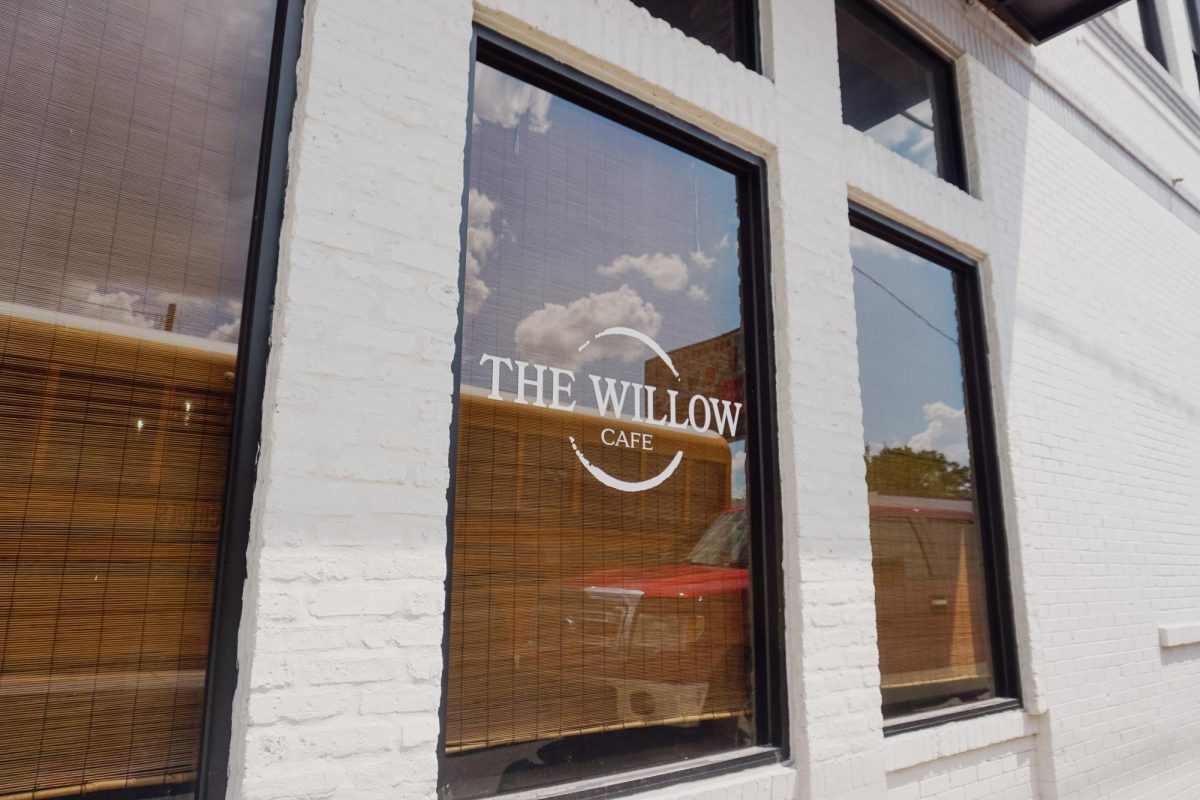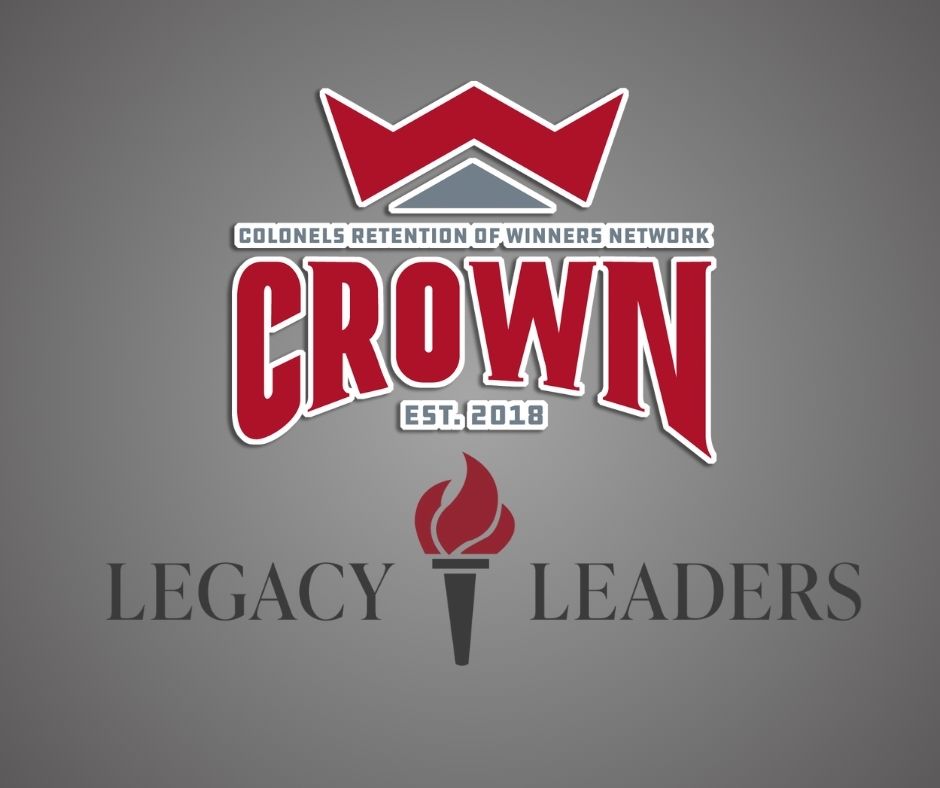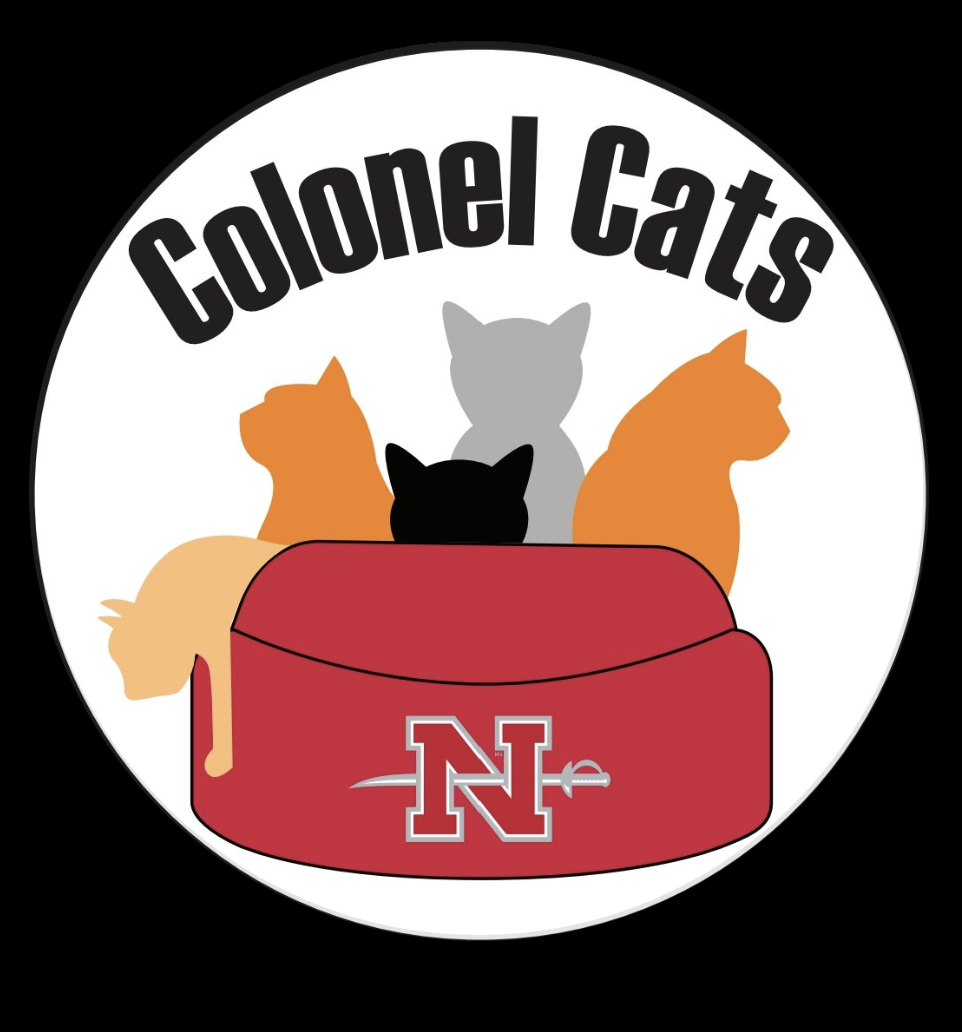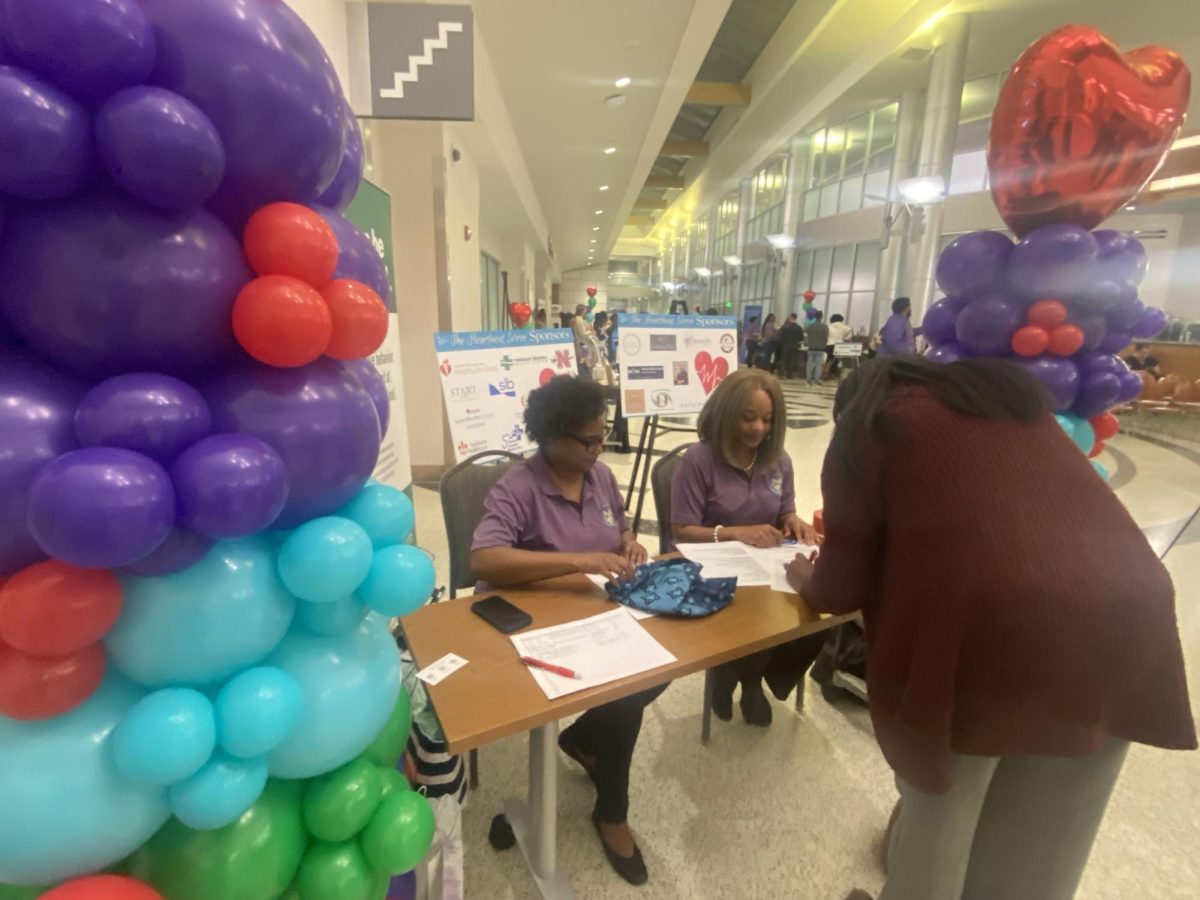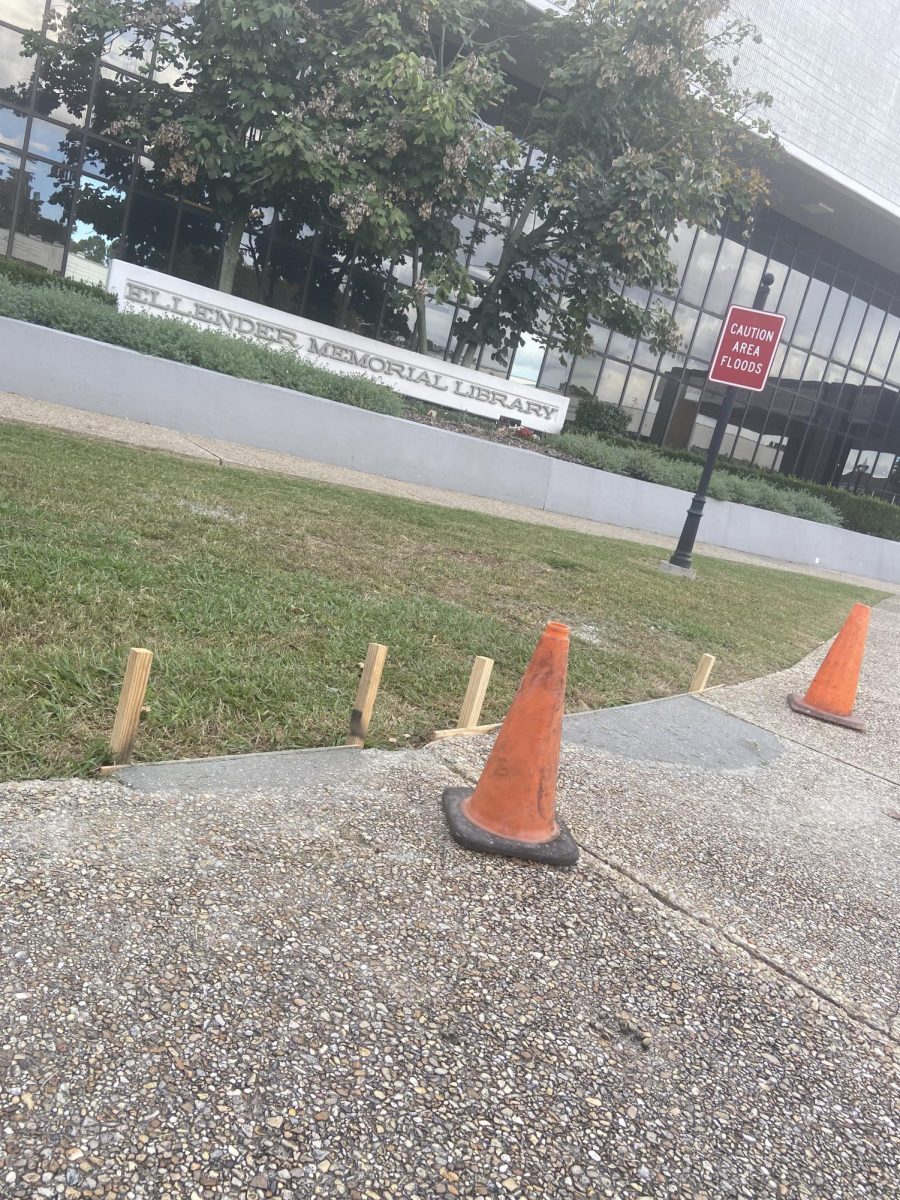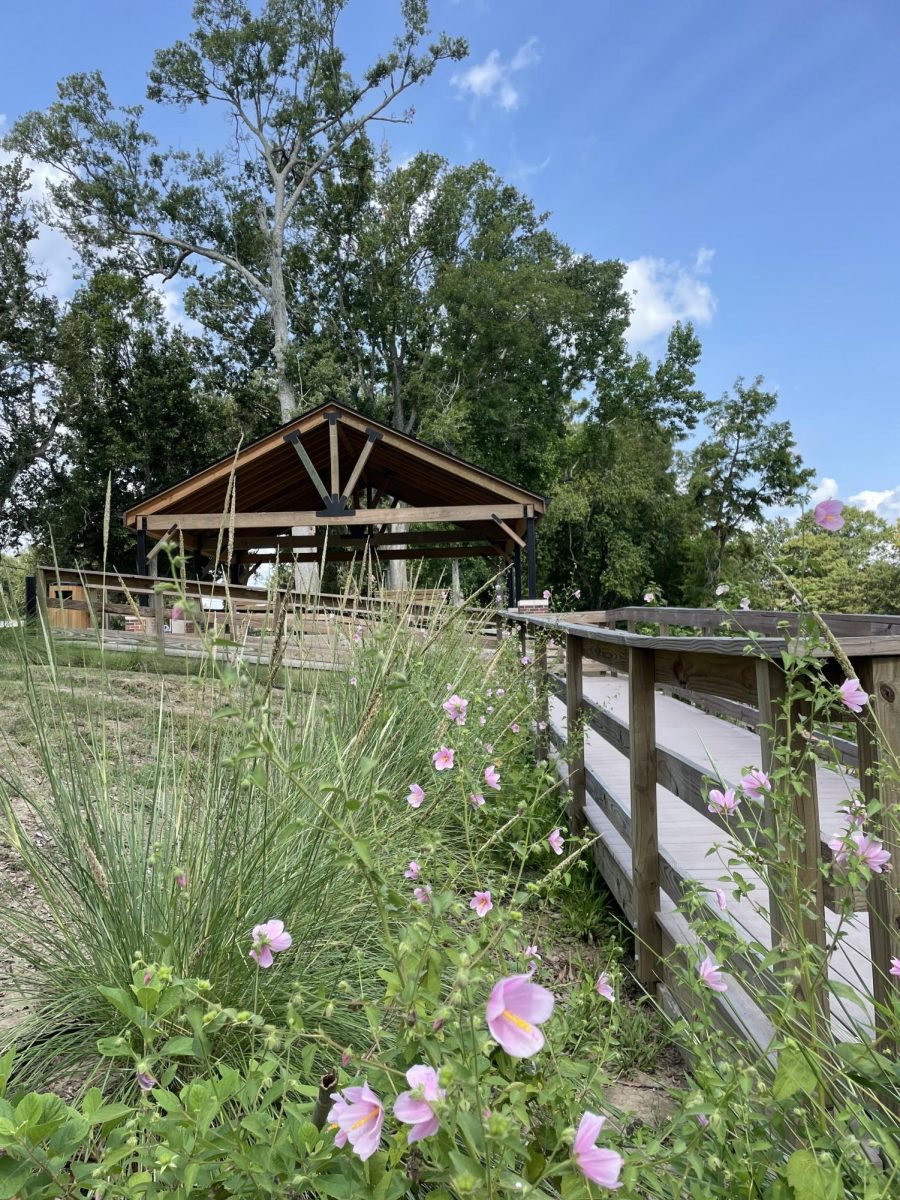The Office of Research and Sponsored Programs is responsible for facilitating the funds that help finance the research of the faculty at Nicholls, whether it is funding research in the biological sciences or furthering the education of non-University personnel.
Debra Benoit, director of Research and Sponsored Programs, said that the research aspect of the university setting is one that is often forgotten.
“A lot of students don’t realize this, but faculty are not just called to teach, no matter if they’re in a small regional school or in a large research school,” Benoit said. “They all have the same basic responsibilities, which are teaching, research and service.”
Benoit said that teaching is obviously the predominate factor at Nicholls, but there are a lot of faculty, especially in the biological sciences, that do a lot more research than traditional teaching. The research often leads to an exceptional hands-on mentor program for students who are available to participate.
“When they do their research, there is always some involvement with students. Typically, faculty members try to fund their research through an outside sponsor, which leads to the possibility of hiring students to work with them,” Benoit said. “It’s the purist and best form of teaching, because it is a one-of-a-kind mentorship with that teacher.”
Benoit said that many faculty research projects are conducted without sponsorship, and the office does not often get involved, but overall the office is open to all faculty wishing to participate or conduct a research project.
“We try to be the cheerleaders to encourage the faculty to continue with their research and to find ways to fund the research,” Benoit said. “We act as consultants, to help them see what will work best as a foundation for their research. We also help them find grants or revise proposals. We try to address all the requests that the funding agency puts out.”
Research is also a component of tenure, a program that secures a staff member’s position after a certain amount of service.
Benoit said that many of the studies are related to local wildlife and the health and survival of the wetlands. Also, some research is being done with sugarcane to find an alternative fuel source.
“We also have a lot of research done in the form of professional development for teachers,” Benoit said. “There are programs in place for teachers to come back and get certified in a certain area or enhanced with a certain program. Through that interaction with our faculty, there are studies done.”
Benoit explained that the money always comes from different areas, and the way the Office of Research and Sponsored Programs deals with it changes according to who is funding the research. Each agency requests something different.
“We run close to 80 to 100 active grants per year, and people have to remember that we are primarily a teaching university, so we cannot be compared to LSU or Louisiana Tech, because they are considered research institutions,” Benoit said. “That means that they have more faculty to support their programs. Here, we can provide more specialized assistance. It’s a lot easier for people to drop by our office to talk about projects, as where at a larger institution they do not have that luxury. It’s a more personalized environment.”


